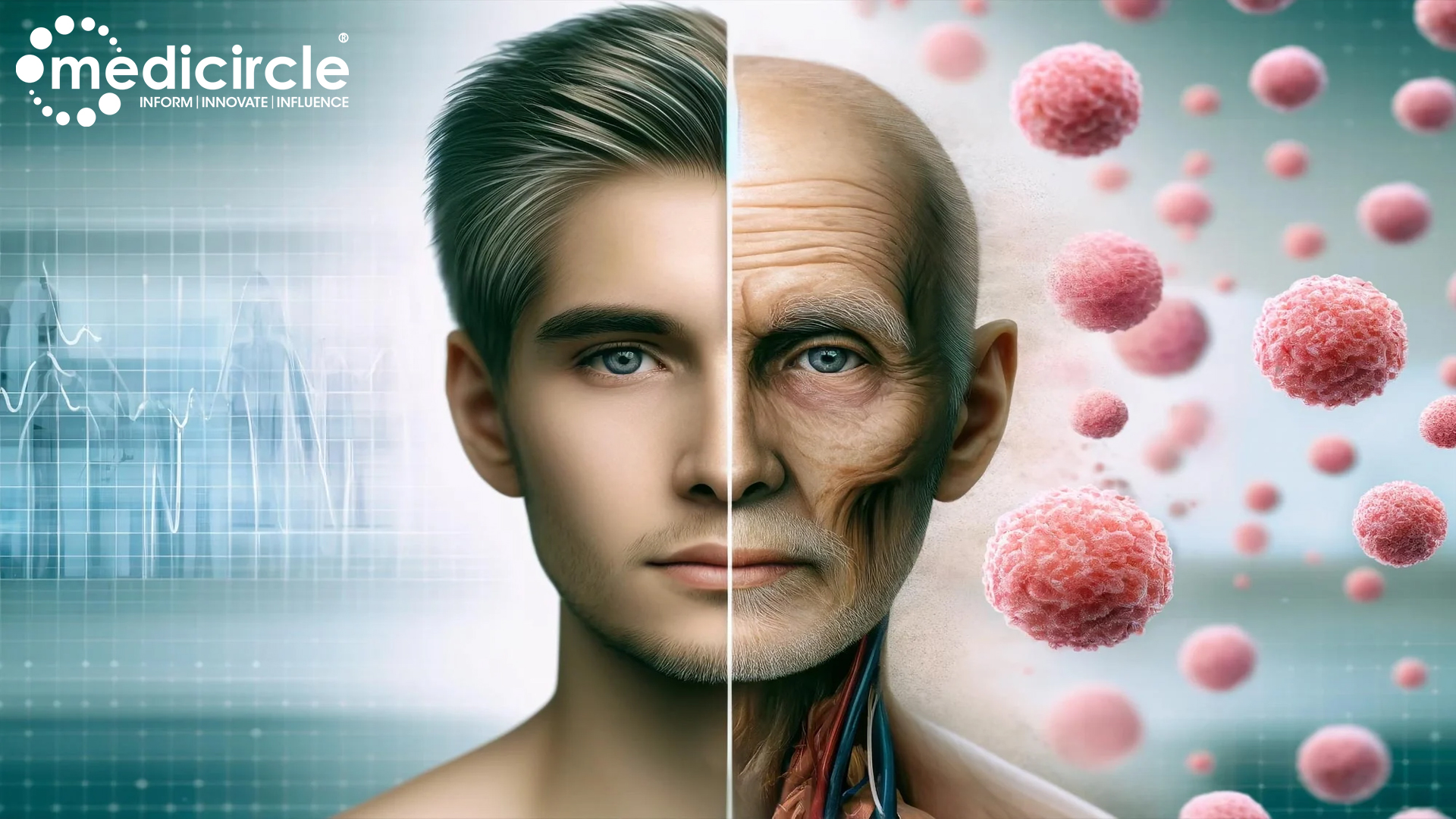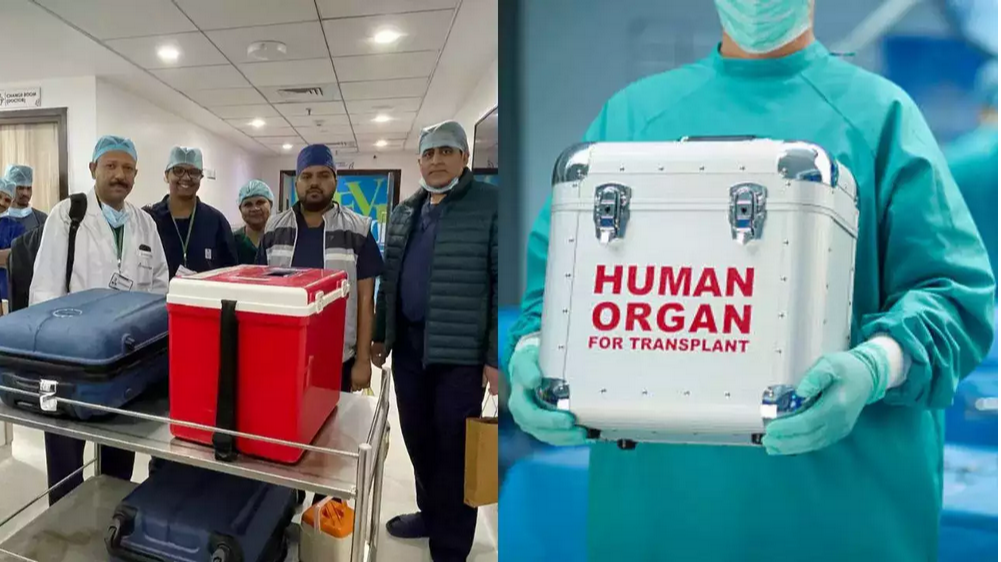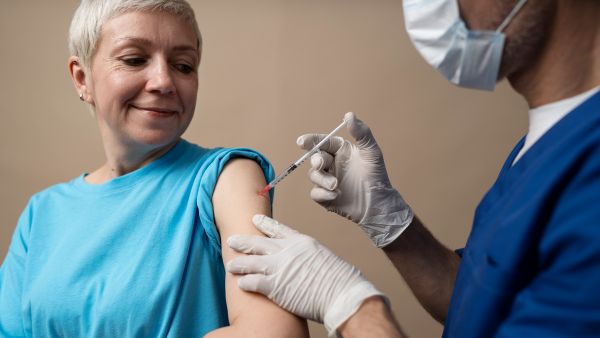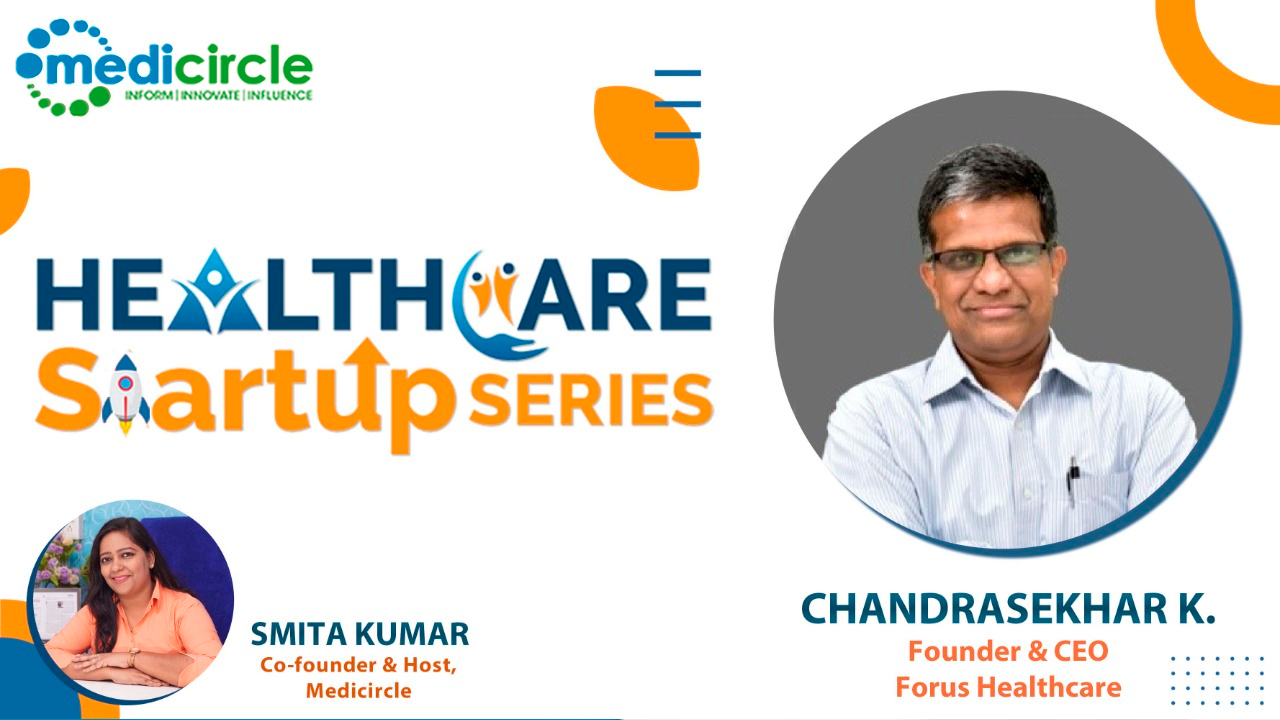Fast ageing in newer births may be contributing to a higher incidence of early-onset solid tumours, as revealed by research presented at the American Association for Cancer Research (AACR) Annual Meeting 2024. This significant finding highlights the importance of understanding the relationship between accelerated ageing and cancer risk, particularly among younger adults.
Ruiyi Tian, a graduate student at Washington University School of Medicine in St. Louis, led the study aimed at exploring whether accelerated ageing, where a person's biological age exceeds their chronological age, could play a role in the development of early-onset cancers. This insight is crucial for enhancing cancer prevention and early detection strategies for younger populations.
Analysing data from the UK Biobank database, which included 148,724 individuals, Tian and her colleagues assessed biological age using nine blood biomarkers. Their findings revealed a notable trend: individuals born in or after 1965 exhibited a 17% higher likelihood of accelerated ageing compared to those born between 1950 and 1954.
Moreover, the study unveiled a concerning association between accelerated ageing and the risk of early-onset solid tumours. For every standard deviation increase in accelerated ageing, there was a corresponding 42% higher risk of early-onset lung cancer, a 22% higher risk of early-onset gastrointestinal cancer, and a 36% higher risk of early-onset uterine cancer.
Tian emphasized the potential implications of these findings, suggesting that interventions aimed at slowing biological ageing could offer a novel approach to cancer prevention. Screening efforts targeting younger individuals exhibiting signs of accelerated biological ageing could significantly enhance the early detection of cancers, potentially saving lives. However, Tian acknowledged the limitations of the study, notably that all participants were from the United Kingdom. This may restrict the generalizability of the findings to other populations with distinct genetic backgrounds and lifestyles.
Moving forward, Tian and her team intend to dive deeper into the mechanisms underlying fast biological ageing and its connection to early-onset cancers. By revealing these mechanisms, they aim to develop tailored prevention strategies that can effectively mitigate the risk of early-onset cancer among vulnerable populations.
In conclusion, the research presented at AACR 2024 sheds light on the intricate interplay between fast ageing and cancer risk, particularly among younger individuals. By understanding and addressing this relationship, healthcare professionals can take proactive steps towards enhancing cancer prevention and early detection efforts, ultimately improving outcomes for patients.

 For every standard deviation increase in accelerated ageing, there was a corresponding 42% higher risk of early-onset lung cancer, a 22% higher risk of early-onset gastrointestinal cancer, and a 36% higher risk of early-onset uterine cancer.
For every standard deviation increase in accelerated ageing, there was a corresponding 42% higher risk of early-onset lung cancer, a 22% higher risk of early-onset gastrointestinal cancer, and a 36% higher risk of early-onset uterine cancer.









.jpeg)










.jpeg)

.jpeg)










.jpg)




.jpg)

